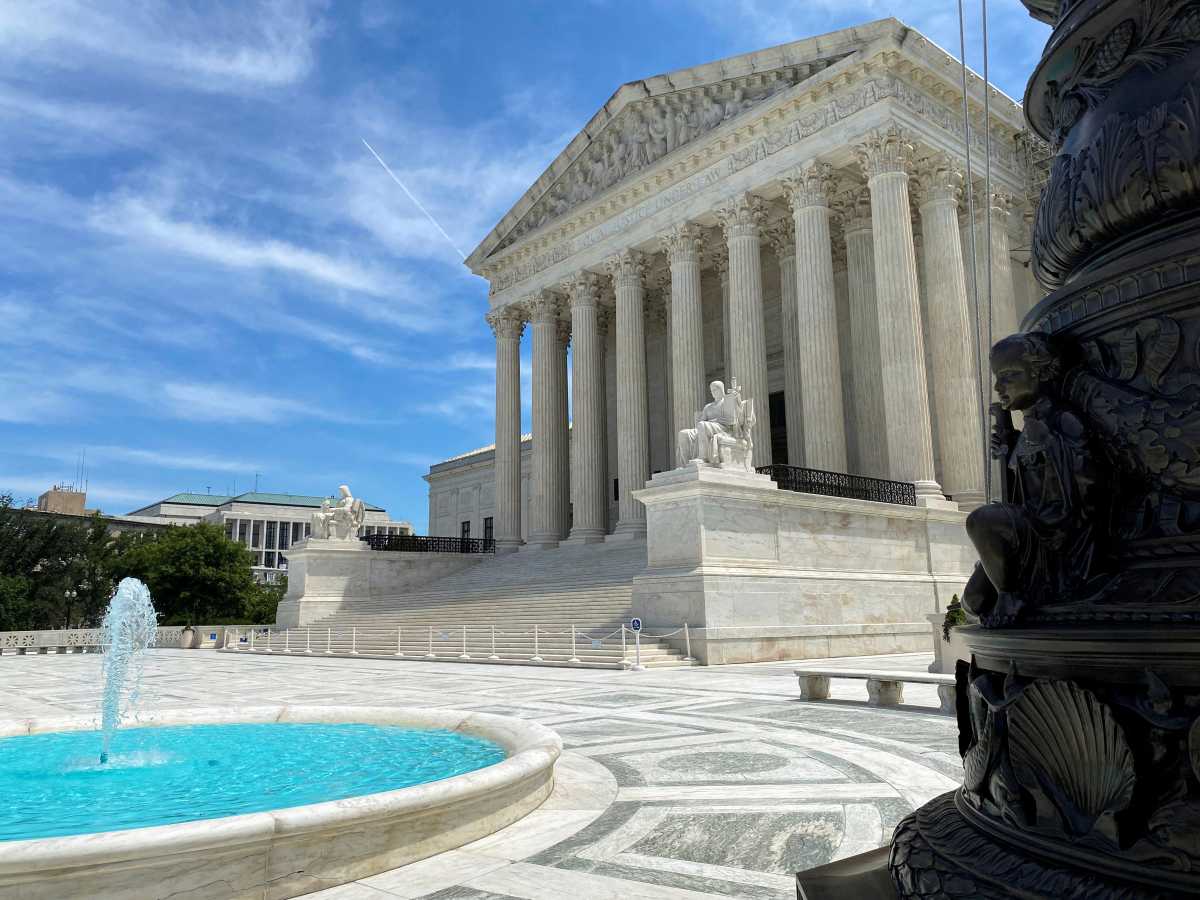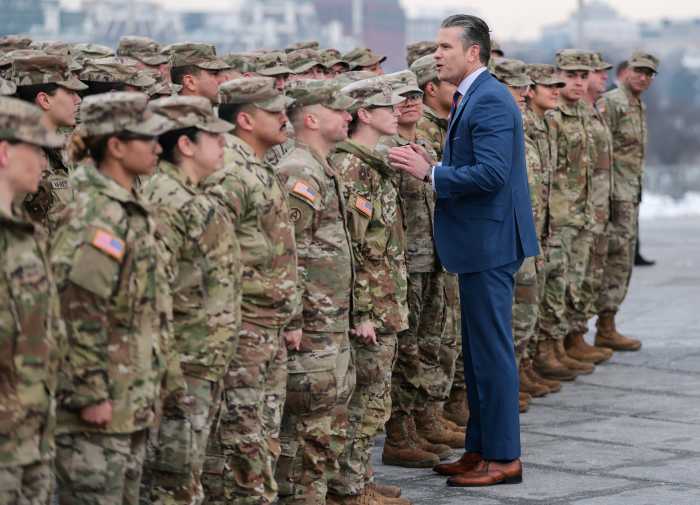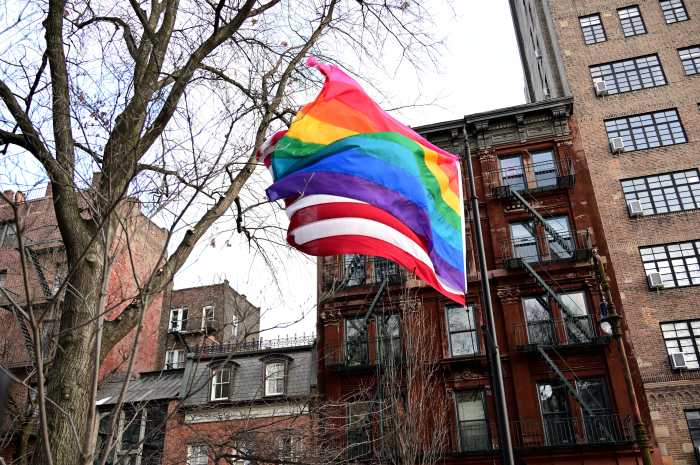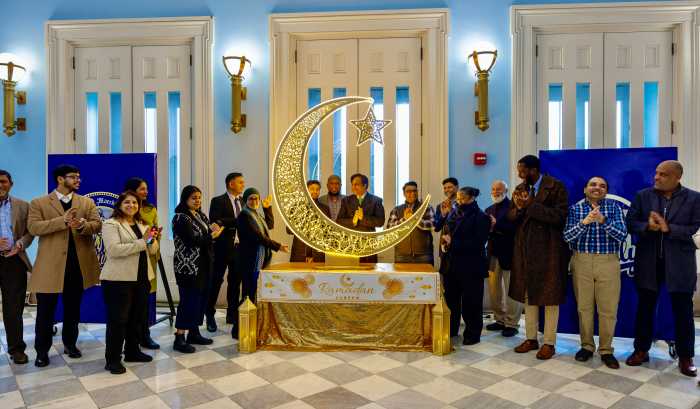The Supreme Court kicked off a new term this month with dozens of decisions looming across a wide range of areas, including cases pertaining to conversion therapy and trans sports participation.
Justices heard oral arguments on Oct. 7 in Chiles v. Salazar, the conversion therapy case out of Colorado, where a Christian therapist is challenging a state law banning mental health professions from practicing conversion therapy, the widely-debunked and harmful practice of trying to change an individual’s sexual orientation or gender identity. In challenging the law, the therapist is claiming a First Amendment violation of free speech. More than 20 states — including New York — have banned conversion therapy, but the case before the Supreme Court raises questions about the future stability of those laws.
There are also cases before the Supreme Court pertaining to state laws barring transgender student-athletes from participating in sports in accordance with their gender identity. In West Virginia v. BPJ, which involves a trans girl who is challenging a state law requiring schools to separate students on the basis of so-called “biological sex,” the court will determine whether the law violates Title IX or the Equal Protection Clause.
A similar case slated to come before the Supreme Court is Little v. Hecox, which challenges an Idaho state law known as the “Fairness in Women’s Sports Act,” which also bars student-athletes from participating in girls sports. That case, however, has been up in the air as of late after Lindsay Hecox, who first brought the lawsuit in her quest to participate on Boise State University’s cross country and track team, sought to dismiss it.
In a case that is widely considered to be a long shot, the Supreme Court will also consider a petition lodged by Kim Davis, the notoriously anti-LGBTQ county clerk from Kentucky who was jailed for six days for refusing to issue marriage licenses to queer couples. Davis’ petition for writ of certiorari, filed last month, asks the court a series of questions, including whether the First Amendment’s Free Exercise clause protects individuals from emotional distress damages and whether Obergefell v. Hodges should be overturned. Davis is hoping the court can save her from nearly $400,000 in fines for emotional damages and attorney fees related to her refusal to issue marriage licenses to gay couples.
In August, attorney Mary Bonauto — who successfully argued before the Supreme Court in the Obergefell case — and former Freedom to Marry Marc Solomon wrote an opinion piece in USA Today describing Davis’ petition as “especially weak” and saying that “it would be highly unusual for the Supreme Court to grant review.”




































